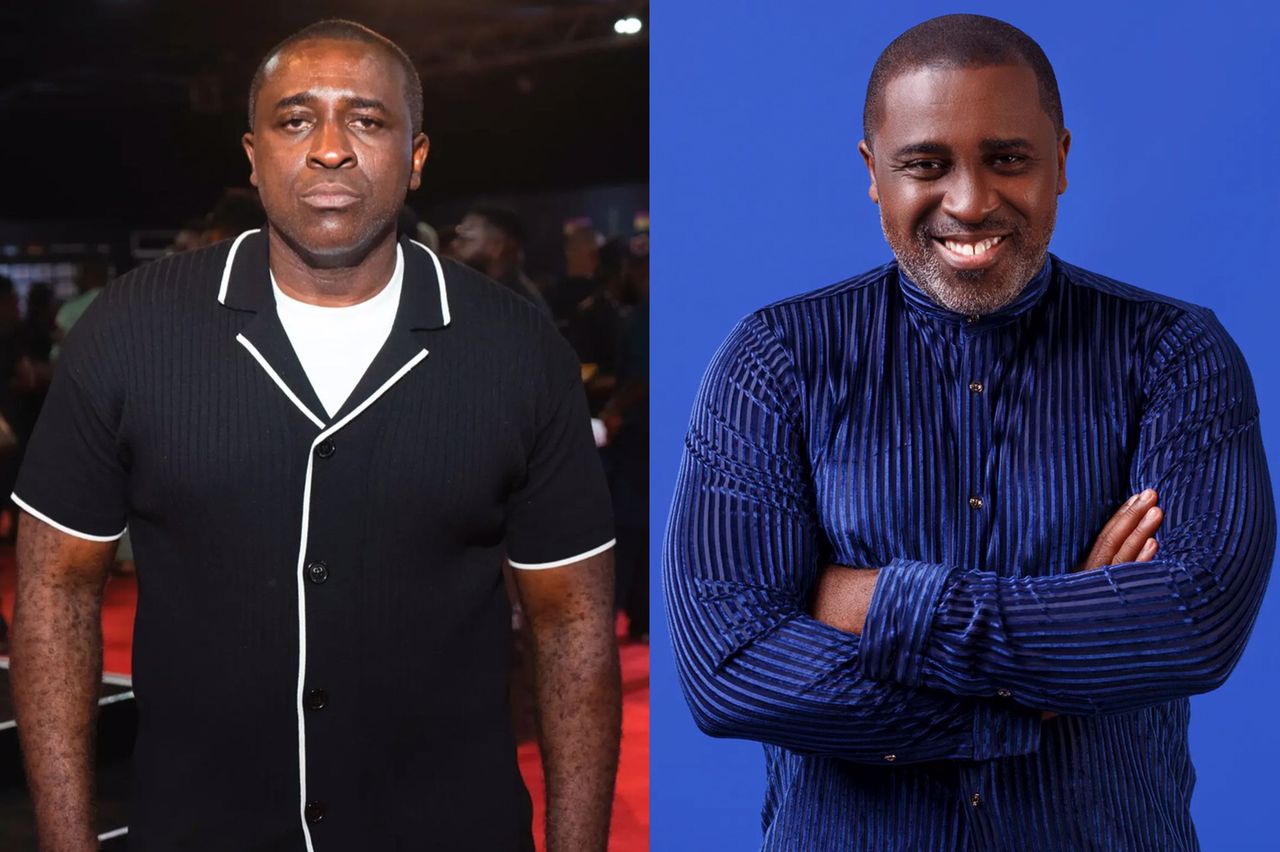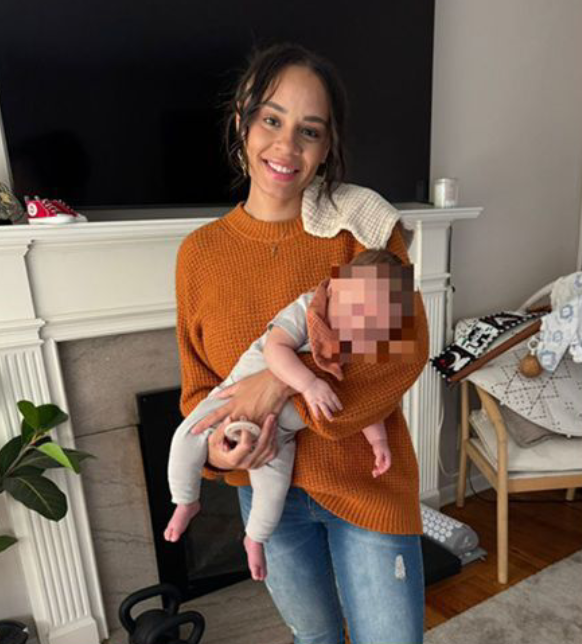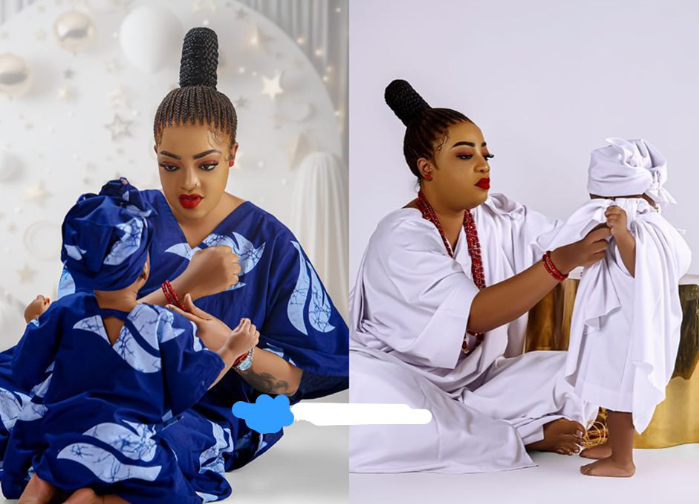
“Maybe I’m Not Good at Marriage” – Frank Edoho Reflects on Two Failed Marriages and Finding His ‘Soulmate’

In a rare moment of vulnerability and introspection, popular Nigerian broadcaster and television host Frank Edoho has opened up about the emotional weight of his two failed marriages, candidly admitting, “Maybe I’m not good at marriage.” The 52-year-old presenter, best known for hosting the Nigerian version of the iconic game show Who Wants to Be a Millionaire, made the deeply personal revelation during an interview that has now sparked wide conversation across social media.
Edoho, known for his eloquence and commanding presence on screen, surprised many fans by taking a step back from his usual confident media persona to reveal the internal battles he has fought in his journey through love, heartbreak, and rediscovery. For someone whose career has spanned over two decades with consistent public admiration, it’s not often one sees such raw honesty, especially when it concerns deeply private matters like marriage and failure.
During the interview, Frank delved into the emotional turmoil he experienced after the collapse of his first marriage to Katherine Obiang, an actress and media personality. The union, which produced three children, ended amid a cloud of controversy and speculation in 2011. At the time, there were swirling rumors of infidelity and incompatibility, though both parties remained relatively tight-lipped on the exact reasons. However, Frank’s recent comments suggest the split took a significant emotional toll on him.
“I don’t know,” he said with a sigh, “Maybe I’m just not built for it. Maybe I’m not good at marriage. That’s the only thing that makes sense to me after going through it twice.”
These words have struck a chord with many Nigerians, especially men who often struggle with societal expectations to succeed in both career and family without showing any sign of vulnerability. Edoho’s candidness presents a refreshing break from the performative perfectionism often associated with celebrity marriages and public figures.
He also touched on his second attempt at marriage, which, though less publicized, also ended in separation. “The truth is, I tried again. I really did. And for a while, it felt like it would work. But I think I was just repeating patterns I hadn't fully understood from the first time. It’s like I walked into the same storm twice.”
Despite the pain and introspection that came with his experiences, Edoho emphasized that he has grown through it all and eventually found peace and companionship in what he describes as his “true soulmate.” Without revealing too much about the identity of his current partner, the TV host said that this time, the connection felt different—effortless, grounding, and free from the expectations that weighed down his past relationships.
“It’s not about finding a perfect person,” he explained, “it’s about finding someone who sees you, even in your brokenness, and says ‘I still choose you.’ That’s what she did. She chose me, not the TV personality, not the voice behind the microphone. She chose Frank, the flawed, healing, complicated man.”
This renewed sense of connection and understanding, he says, has helped him embrace a healthier dynamic—one not defined by societal ideals or pressure to perform a certain way. He admitted that his previous marriages may have suffered from unrealistic expectations and an inability to communicate vulnerabilities early enough.
“I think as men, especially Nigerian men, we’re taught to lead, to provide, to be in control. But we’re rarely taught how to be emotionally present. I was guilty of that. I didn’t know how to open up, and I didn’t know how to ask for help when things started falling apart. I just buried myself in work.”
As one of the most recognizable voices in Nigerian television, Frank Edoho's story resonates with many who see him as a symbol of calmness, class, and intelligence. To hear him acknowledge his struggles so plainly challenges the assumption that success in one area of life translates to success in all others. In fact, his journey serves as a poignant reminder that personal battles often rage silently, even in the lives of those who appear to have it all together.
Social media has since been flooded with reactions to Frank’s remarks, with many praising his openness. Some users shared similar experiences of struggling with marriage and relationships, while others commended him for defying the societal norm of keeping male pain hidden.
One Twitter user wrote, “Frank Edoho speaking about not being good at marriage is the kind of honesty we need from men. It doesn’t make him weak—it makes him human.”
Another user commented, “This is why I’ve always respected Frank Edoho. He owns his truth, learns from his past, and doesn’t hide behind fame.”
Edoho also emphasized that while he has found a relationship that brings him peace, he remains committed to growth and self-awareness, recognizing that love is not a final destination but a journey. He added that therapy and personal reflection played a big role in helping him come to terms with his past mistakes and how they shaped the trajectory of his relationships.
“I’m learning every day,” he said. “I’ve stopped trying to be perfect. Now I just try to be present. That’s what my soulmate taught me.”
Frank's revelations may serve as a turning point for many Nigerian men who are watching from the sidelines, unsure of how to deal with their emotional wounds or societal expectations. His voice, once primarily known for asking quiz show contestants if that was their final answer, now echoes with a more profound message—one that says it’s okay to fail, to feel, and to try again with a heart that’s been broken but not beaten.
In a society where failed marriages are often spoken of in hushed tones and personal growth is rarely given the spotlight it deserves, Frank Edoho’s decision to speak out could very well change how celebrity and everyday Nigerians alike approach the idea of love, loss, and learning.
As he concluded the interview, he smiled softly and said, “You know what? Maybe I wasn’t good at marriage. But I’m getting better at love.”
And with that quiet declaration, Frank Edoho reminded us all that even the most poised and polished public figures are still very much human—fallible, fragile, and capable of finding hope after heartbreak.


